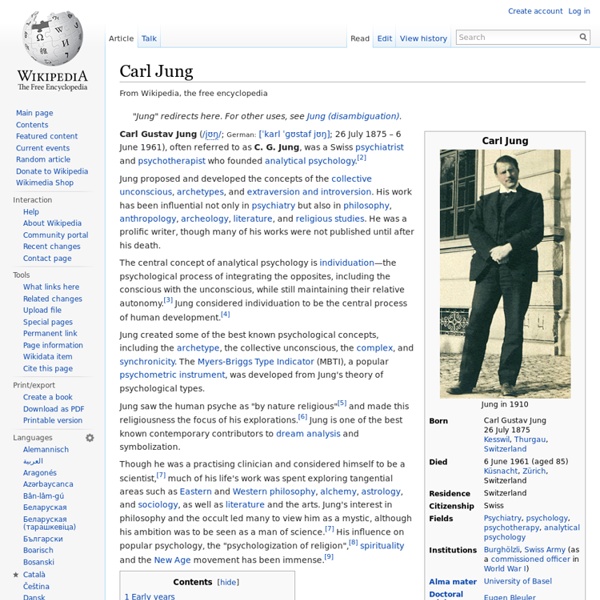Decision theory
Normative and descriptive decision theory[edit] Since people usually do not behave in ways consistent with axiomatic rules, often their own, leading to violations of optimality, there is a related area of study, called a positive or descriptive discipline, attempting to describe what people will actually do. Since the normative, optimal decision often creates hypotheses for testing against actual behaviour, the two fields are closely linked. Furthermore it is possible to relax the assumptions of perfect information, rationality and so forth in various ways, and produce a series of different prescriptions or predictions about behaviour, allowing for further tests of the kind of decision-making that occurs in practice. In recent decades, there has been increasing interest in what is sometimes called 'behavioral decision theory' and this has contributed to a re-evaluation of what rational decision-making requires.[1] What kinds of decisions need a theory?
Pythagoreanism
Pythagoreanism was the system of esoteric and metaphysical beliefs held by Pythagoras and his followers, the Pythagoreans, who were considerably influenced by mathematics, music and astronomy. Pythagoreanism originated in the 5th century BC and greatly influenced Platonism. Later revivals of Pythagorean doctrines led to what is now called Neopythagoreanism. Two schools[edit] According to tradition, Pythagoreanism developed at some point into two separate schools of thought:
Teacher (role variant)
The Teacher Idealist is one of the 16 role variants of the Keirsey Temperament Sorter, a self-assessed personality questionnaire designed to help people better understand themselves. David Keirsey originally described the Teacher role variant; however, a brief summary of the personality types described by Isabel Myers contributed to its development. Teachers correlate with the ENFJ Myers-Briggs type.[1]
en.m.wikipedia
Hermann Alexander Graf[1] von Keyserling (20 July [O.S. 8] 1880 – 26 April 1946) was a Baltic German philosopher from the Keyserlingk family. His grandfather, Alexander von Keyserling, was a notable geologist of Imperial Russia. Life[edit] Keyserling was born to a wealthy aristocratic family in the Könno Manor, Kreis Pernau in Governorate of Livonia, Russian Empire, now in Estonia. After his education at the universities of Dorpat (Tartu), Heidelberg, and Vienna, he took a trip around the world.
Recognition primed decision
Recognition-primed decision (RPD) is a model of how people make quick, effective decisions when faced with complex situations. In this model, the decision maker is assumed to generate a possible course of action, compare it to the constraints imposed by the situation, and select the first course of action that is not rejected. RPD has been described in diverse groups including Whitewater kayaking Trauma nurses, fireground commanders, chess players, commercial Whitewater river guides and stock market traders.
Magna Graecia
Cities of Magna Graecia and other Greek settlements in Italy (in red) Antiquity[edit] According to Strabo, Magna Graecia's colonization had already begun by the time of the Trojan War and lasted for several centuries.[2] In the 8th and 7th centuries BC, for various reasons, including demographic crises (famine, overcrowding, etc.), the search for new commercial outlets and ports, and expulsion from their homeland, Greeks began to settle in southern Italy (Cerchiai, pp. 14–18).
Counselor (role variant)
The Counselor Idealist is one of the 16 role variants of the Keirsey Temperament Sorter, a self-assessed personality questionnaire designed to help people better understand themselves. David Keirsey originally described the Counselor role variant; however, a brief summary of the personality types described by Isabel Myers contributed to its development. Counselors correlate primarily with the Myers-Briggs type INFJ.[1] Counselors are introspective, cooperative, directive, and attentive. They have a strong desire to contribute to the welfare of others.
I Ching Wilhelm Translation
I Ching Wilhelm Translation, 1950 1. Ch'ien / The Creative above CH'IEN THE CREATIVE, HEAVEN below CH'IEN THE CREATIVE, HEAVEN The first hexagram is made up of six unbroken lines. These unbroken lines stand for the primal power, which is light-giving, active, strong, and of the spirit. The hexagram is consistently strong in character, and since it is without weakness, its essence is power or energy. Its image is heaven. Its energy is represented as unrestricted by any fixed conditions in space and is therefore conceived of as motion.
Myers-Briggs Type Indicator
Model of personality types A chart with descriptions of each Myers–Briggs personality type and the four dichotomies central to the theory The Myers–Briggs Type Indicator (MBTI) is an introspective self-report questionnaire indicating differing psychological preferences in how people perceive the world and make decisions.[1][2][3] The original versions of the MBTI were constructed by two Americans, Katharine Cook Briggs and her daughter Isabel Briggs Myers.[4] The MBTI is based on the conceptual theory proposed by Swiss psychiatrist Carl Jung,[5] who had speculated that people experience the world using four principal psychological functions – sensation, intuition, feeling, and thinking – and that one of these four functions is dominant for a person most of the time.[6] The four categories are Introversion/Extraversion, Sensing/Intuition, Thinking/Feeling, Judging/Perception. Each person is said to have one preferred quality from each category, producing 16 unique types.
Crotone
Coordinates: in Calabria, Italy Crotone (Italian: [kroˈtoːne]
Fieldmarshal (role variant)
The Fieldmarshal Rational is one of the 16 role variants of the Keirsey Temperament Sorter, a self-assessed personality questionnaire designed to help people better understand themselves. David Keirsey originally described the Fieldmarshal role variant; however, a brief summary of the personality types described by Isabel Myers contributed to its development. Fieldmarshals correlate primarily with the Myers-Briggs type ENTJ.[1] Fieldmarshals make up about 2% of the population.[2] Fieldmarshals have a strong desire to give structure and direction to groups of people.



